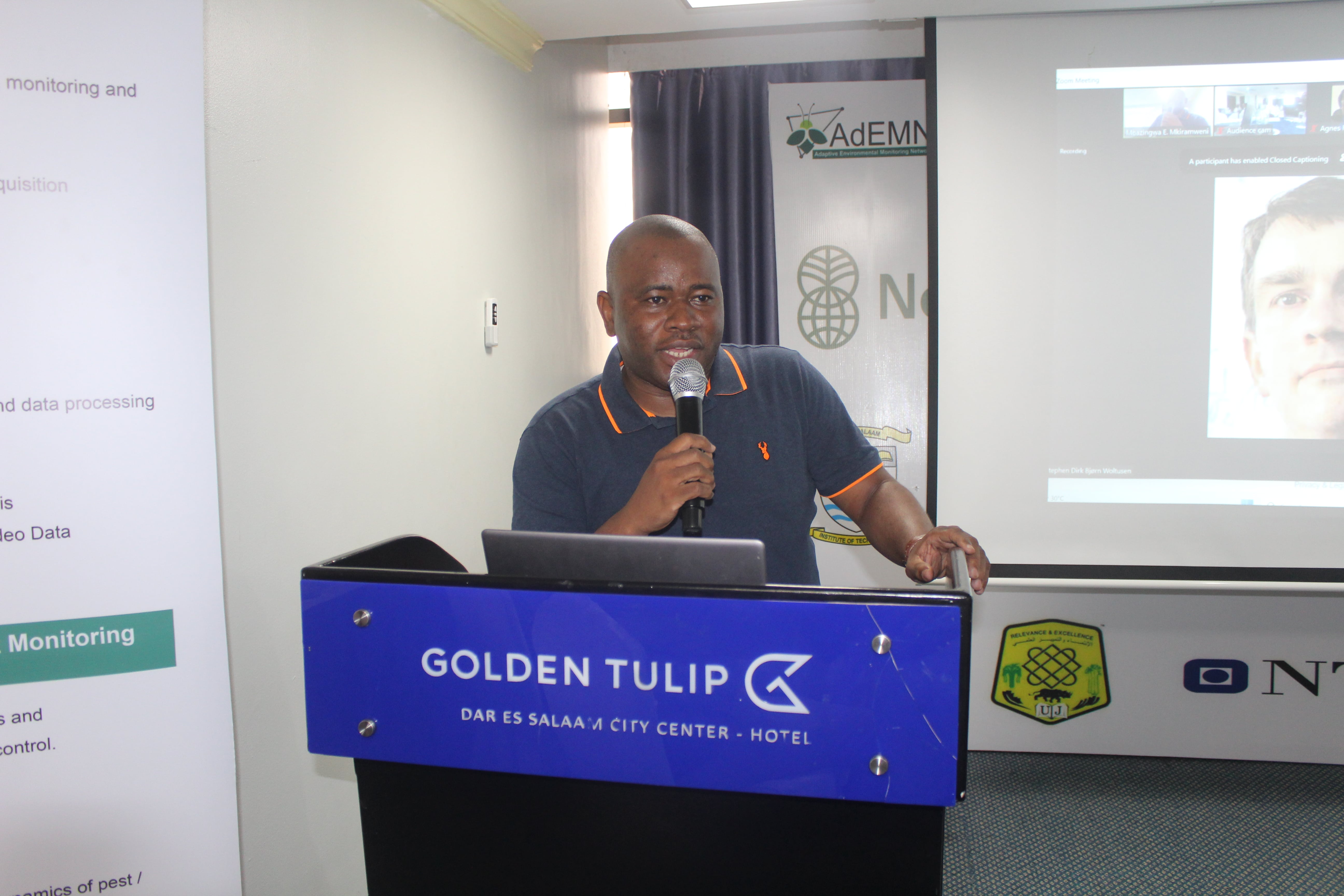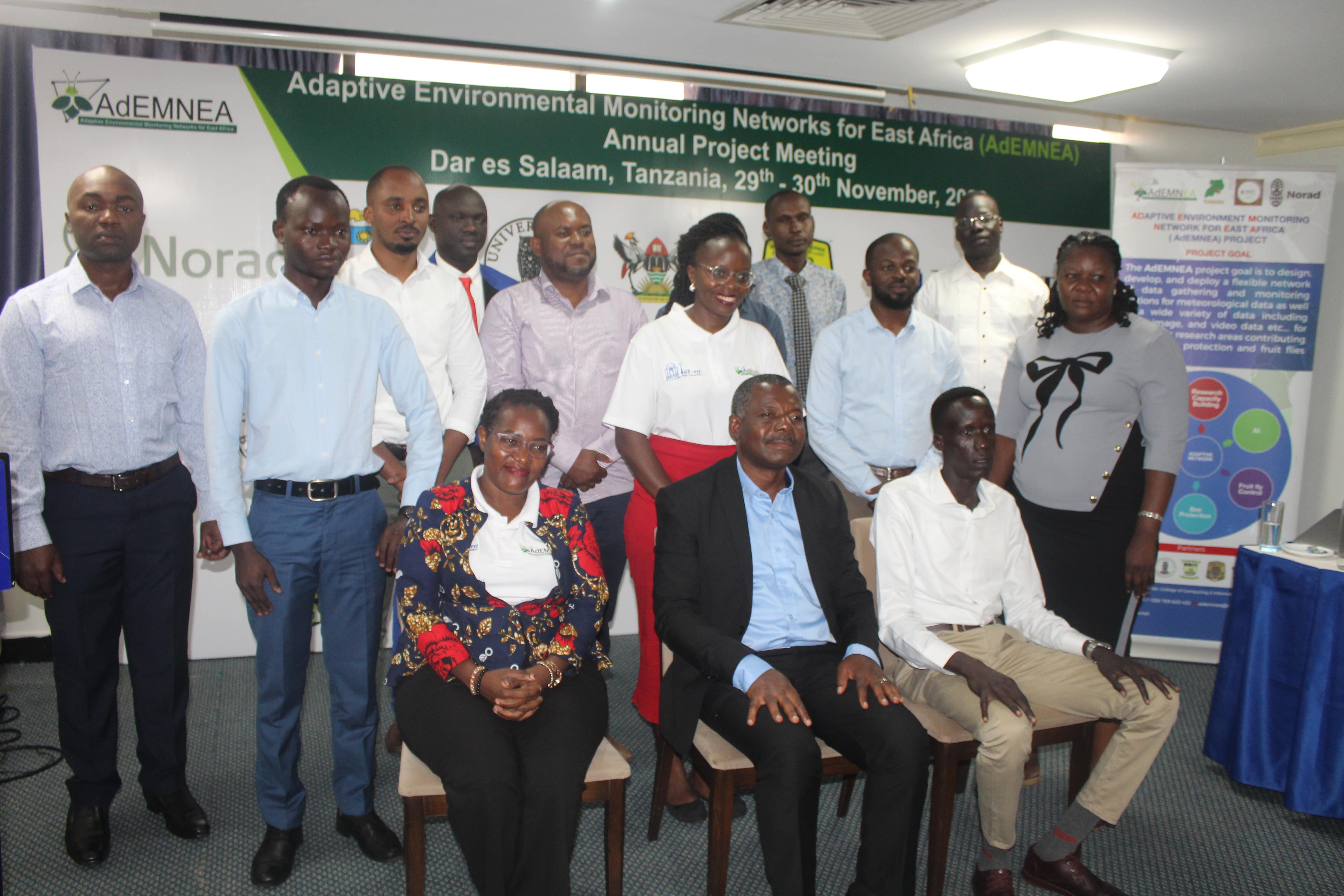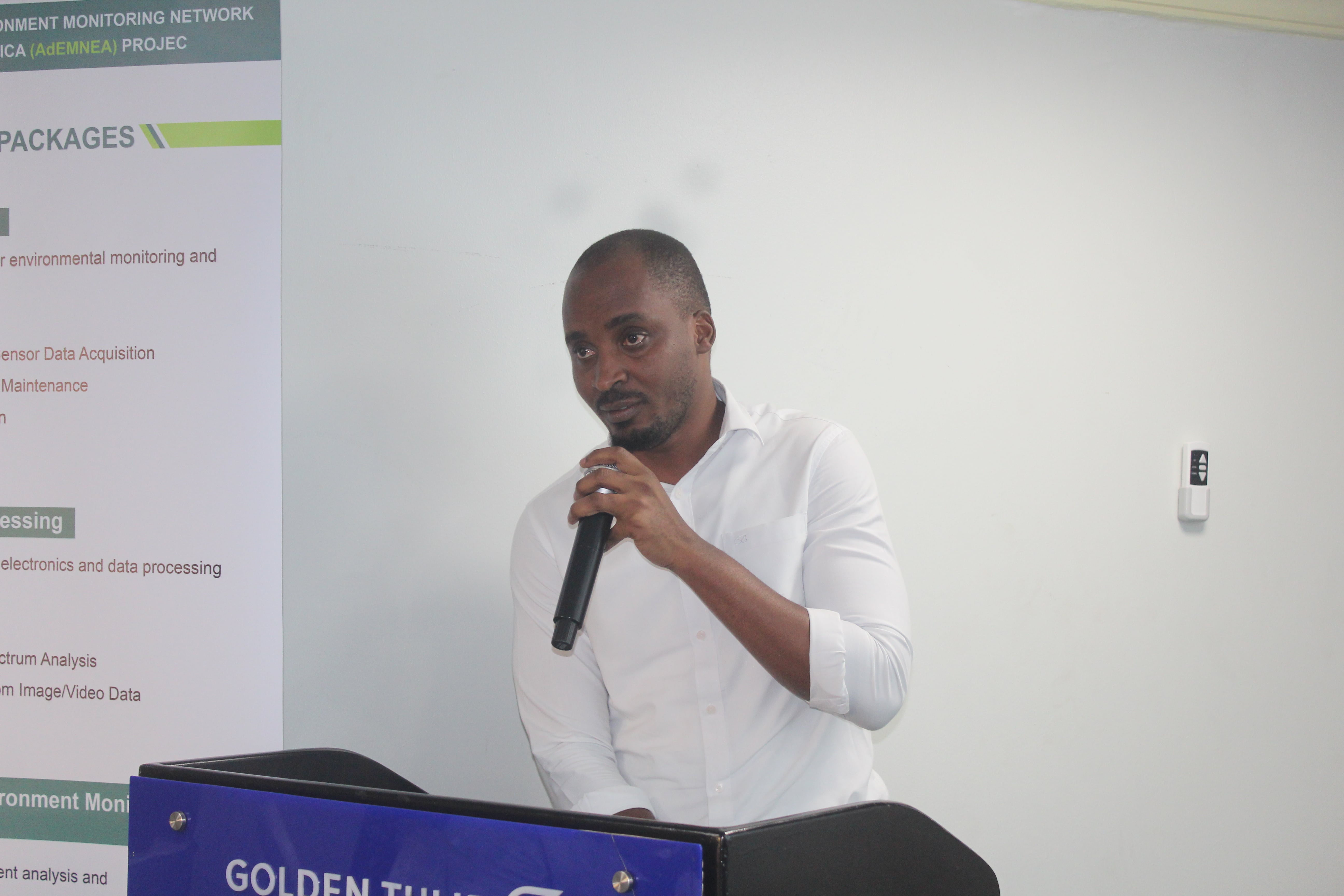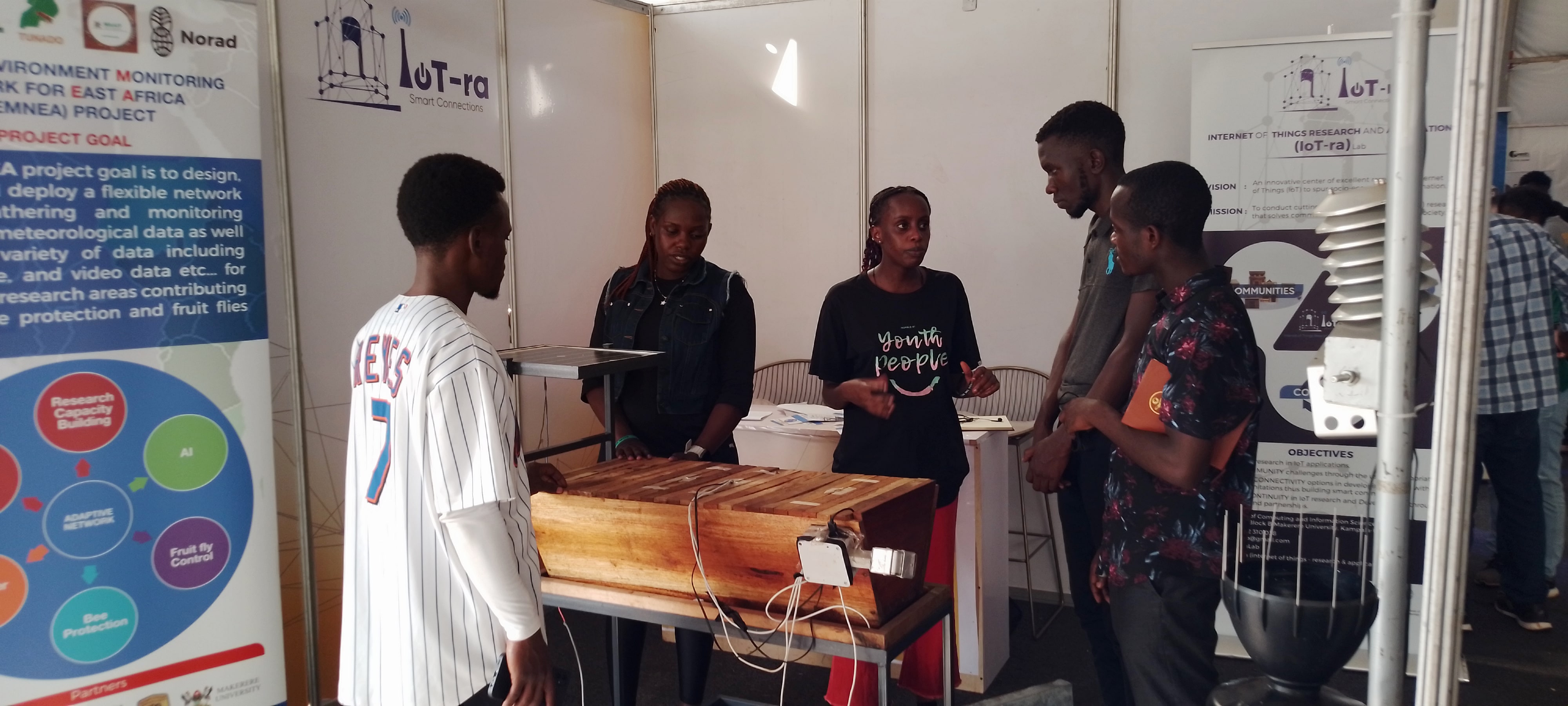 The AdEMNEA project recently participated in the National Science Week hosted by the STI secretariat under the President’s office in Uganda. The participation was by exhibiting some of the innovations (e.g. the smart bee monitor, the automatic weather station, etc…) that have been developed in the IoT-ra lab at Makerere University.
The AdEMNEA project recently participated in the National Science Week hosted by the STI secretariat under the President’s office in Uganda. The participation was by exhibiting some of the innovations (e.g. the smart bee monitor, the automatic weather station, etc…) that have been developed in the IoT-ra lab at Makerere University.
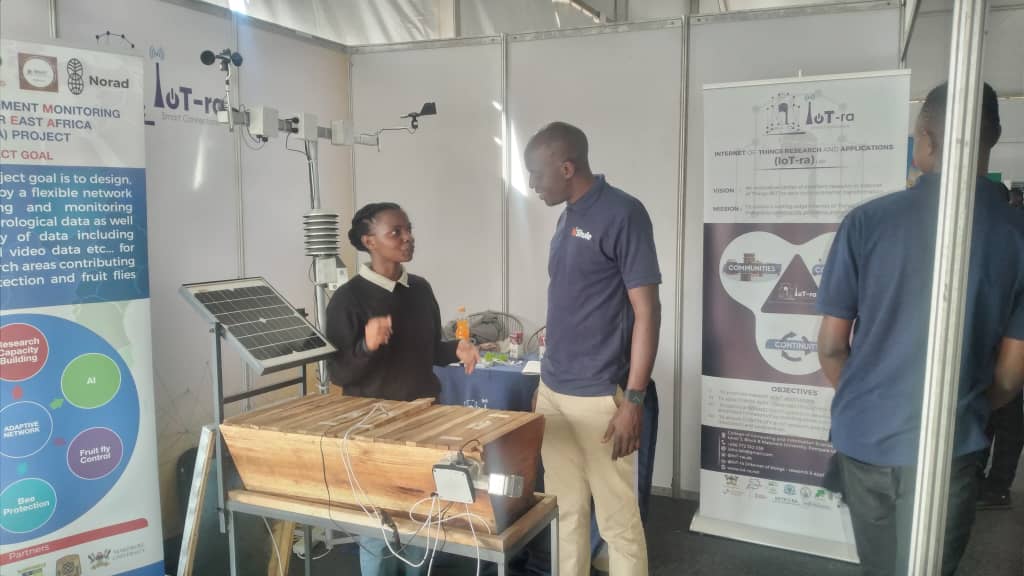
The team also interacted with Uganda’s National Environmental Management Authority (NEMA) that is responsible for climate-focused innovations similar to the ones developed by the AdEMNEA project. NEMA is a semi-autonomous institution, established in May 1995, as the principal agency in Uganda, charged with the responsibility of coordinating, monitoring, regulating and supervising environmental management in the country.
With the emergence and high success rates of several climate-focused Innovations over the years such as; M-Kopa, Sun-King, Cocoa-Networks, among others, it has become more than necessary for the government to enact policies and regulations in order to keep such investments afloat amidst unfavourable economic climates.
Mr. Jerome Ssebadduka Lugumira, a soil scientist at NEMA revealed that the authority had since 1993 mainstreamed climate change issues hence the Climate Change Act (2016). In addition, NEMA has formulated guidelines to regulate carbon markets and taxes, conditioning the ministry of energy and mineral development hence the emergence of geo-thermos, hydro-power, solar energies to mention but a few. Furthermore, several agricultural processes and activities have been regulated through Monitoring, Reporting and Verification (MRV) and conducting Environmental Impact Assessment (EIA).
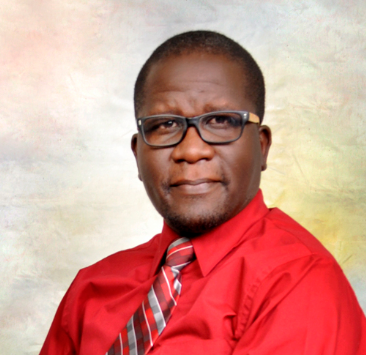
The Investors’ Booth at the National Science Week
We are pondering on these highlights from the investors booth and these are informing our developments as we continue to implement the AdEMNEA project during 2024
How then can Uganda gain money out of Climate-Tech Innovations?
What makes them investible?
Mr. Abel Boreto – Director, Novastar Ventures.
- Factors such as rapid urbanization and rapid population growth – make it possible to build businesses in a clean way and make them profitable. Companies such as
- Mr. Toukam Ngoufanke - Principal, Persistent Capital Ventures.
- Survival is a key factor, and add economics (money) to the fold.
Ms. Yvonne – Investor, Food security
- Climate-tech is a broad industry – Agriculture, waste management & recycling, clean cooking – day to day way of survival.
Mr. Peter Ndichu - Lead, Catalyst Fund
- Africa has an opportunity to climate management – young population, the entrepreneurship ecosystem is vibrant
Mr. Paul Isaac Musasizi – CEO, Kira Motors.
- Meeting the needs of humanity today while thinking of how to meet the needs of humanity tomorrow (environment preservation mechanisms).
Mr. Kevin – private investor
- Businesses that address a significant demand; “An Umbrella business in the desert when it starts to rain cats & dogs.” It’s a growing demand to invest in climate tech
Addressing the issue of Carbon-Credits (Africa is viewed as the ‘Carbon Sink’ in the world).
How can Africa get a respectable chunk of the credits?
Mr. Toukam
- Create enabling environments for carbon trading.
- Bi-lateral agreements with the West markets
- Get the credits to the local farmers to ensure sustainability
How can a local Ugandan Climate-Tech start-up connect to investors?
- Persistence – stay long in the market.
- Focus on your customers. Create processes that help your company to operate as a business and not a non-profit Organisation.
How about climate-tech and food security?
Ms. Yvonne
- Produce your own food – limit imported food
- Are you using renewable energy equipment to irrigate your crops or generators?
- What kind of power sources are you using such as tractors?
- Use less carbon-emitting equipment & opt for natural energies like solar.
_1708691865.png)
Project set to Support Research Capability Building
The Norwegian Ministry (NORAD) wishes to lift the capacity of the partners, Makerere included. rogramme. This project has a particular signifi cance in the sense that it is an ongoing Collaboration.
Protecting our Bee Species
Bees are very Esssential to our Livelihood
MAAIF Collaboration with AdEMNEA Project
Ministry of Agriculture, Animal Industry and Fisheries (MAAIF) – will support the systematic monitoring of fruit fl ies and bee species.
Deputy Vice Chancellor lauds AdEMNEA Initiative
It is a rich project covering a number of areas like Application of ICTs, Agriculture, Beekeeping and the environment in general.
Internet Of Things (IoT)/Sensors
an interconnection via the internet, of computing devices that are embedded in everyday objects, enabling them to send and receive data. At the heart of IoT are sensors that can measure physical properties.
TUNADO excited about AdEMNEA products
TUNADO supported our poposal writing by giving us a support letter and we hope they will support the monitoring of the species because it is in their core interest. They will also maintain the bee monitoring units during and after the project.
Principal welcomes AdEMNEA Project
The credit from doing a job excellently for five years does not go to an individual, but to the university and the country at large.
Integrated Fruit Control
Most of our farmers are not able to export fruits to Europe and other foreign markets because of the fruit pest that damages over 80% of the crop. The only solution therefore is to have a very strong surveillance program.
RENU pledges to Support the AdEMNEA Project
RENU will provide linkages to similar projects for benchmarking as they are supporting some IoT-based projects and providing connectivity for them

Bee Farming & Honey Production – A Juicy Source of Income/Employment for the Youths.

Bee Farming & Honey Production – A Juicy Source of Income/Employment for the Youths.

A TECHNOLOGY-ENABLED FARMING ENVIRONMENT? WE WANT TO BE INVOLVED.

A TECHNOLOGY-ENABLED FARMING ENVIRONMENT? WE WANT TO BE INVOLVED.

TUNADO, A SAFE HAVEN FOR BEE FARMERS.

TUNADO, A SAFE HAVEN FOR BEE FARMERS.
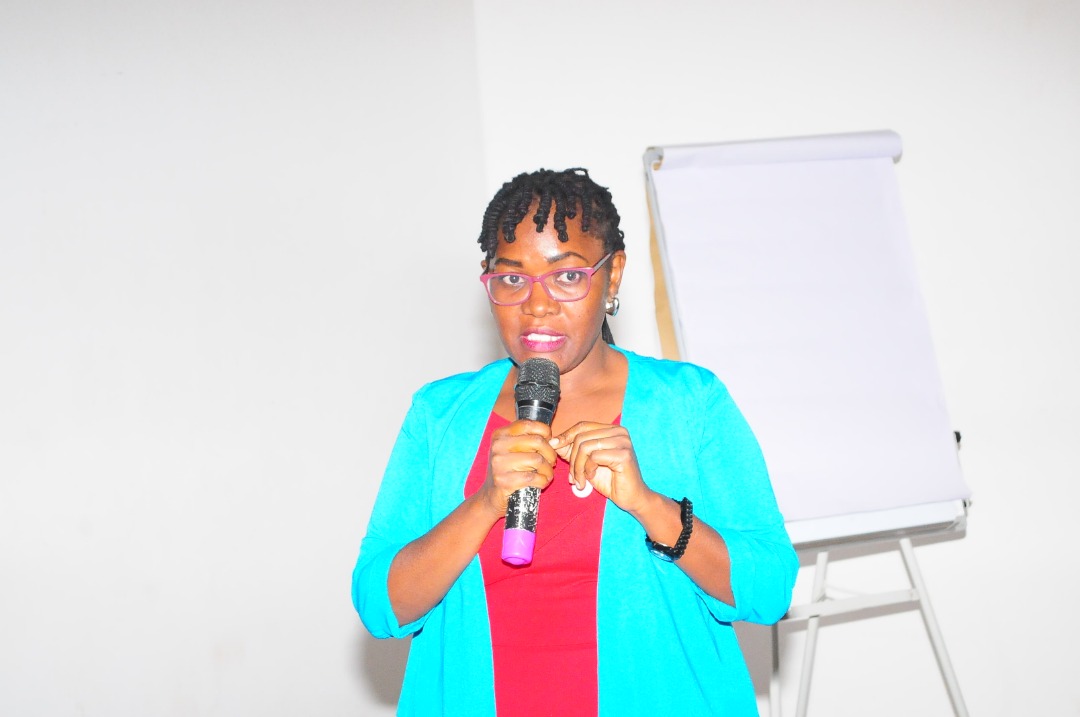
AdEMNEA Project Engages Bee Farmers at Apiculture MSP.

AdEMNEA Project Engages Bee Farmers at Apiculture MSP.
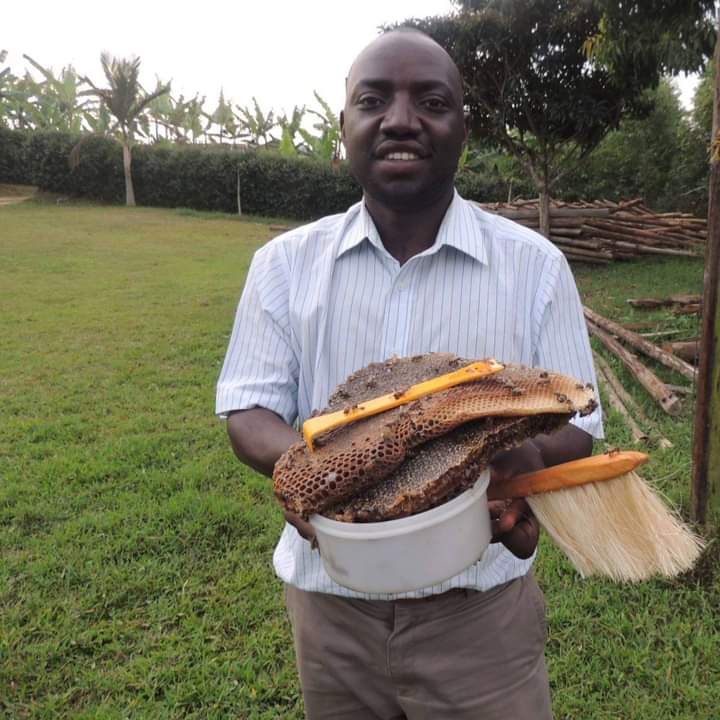
THE SMART BEE MONITOR SYSTEM TURNS APICULTURE INTO A MODERN TRADE

‘THE SMART BEE MONITOR SYSTEM MAKES APICULTURE A MODERN TRADE’ SAYS MR. BIRYOMUMAISHO, THE EXECUTIVE DIRECTOR – TUNADO.

TECHNOLOGY TO INCREASE YIELDS IN LARGE SCALE BEE FARMS

“TECHNOLOGY WILL MASSIVELY IMPACT LARGE SCALE BEE FARMING AND INCREASE YIELDS IN THE LONG RUN” SAYS MRS. BEATRICE – HEAD OF EXPORTS, MINISTRY OF SCIENCE, INNOVATION & TECHNOLOGY.

INTERNET OF THINGS (I.o.Ts) HERE TO ENHANCE BEE MONITORING & FRUIT-FLY CONTROL – Dr. Mary Nsabagwa.

Internet of Things (I.o.Ts) HERE TO ENHANCE BEE MONITORING & FRUIT-FLY CONTROL – Dr. Mary Nsabagwa.
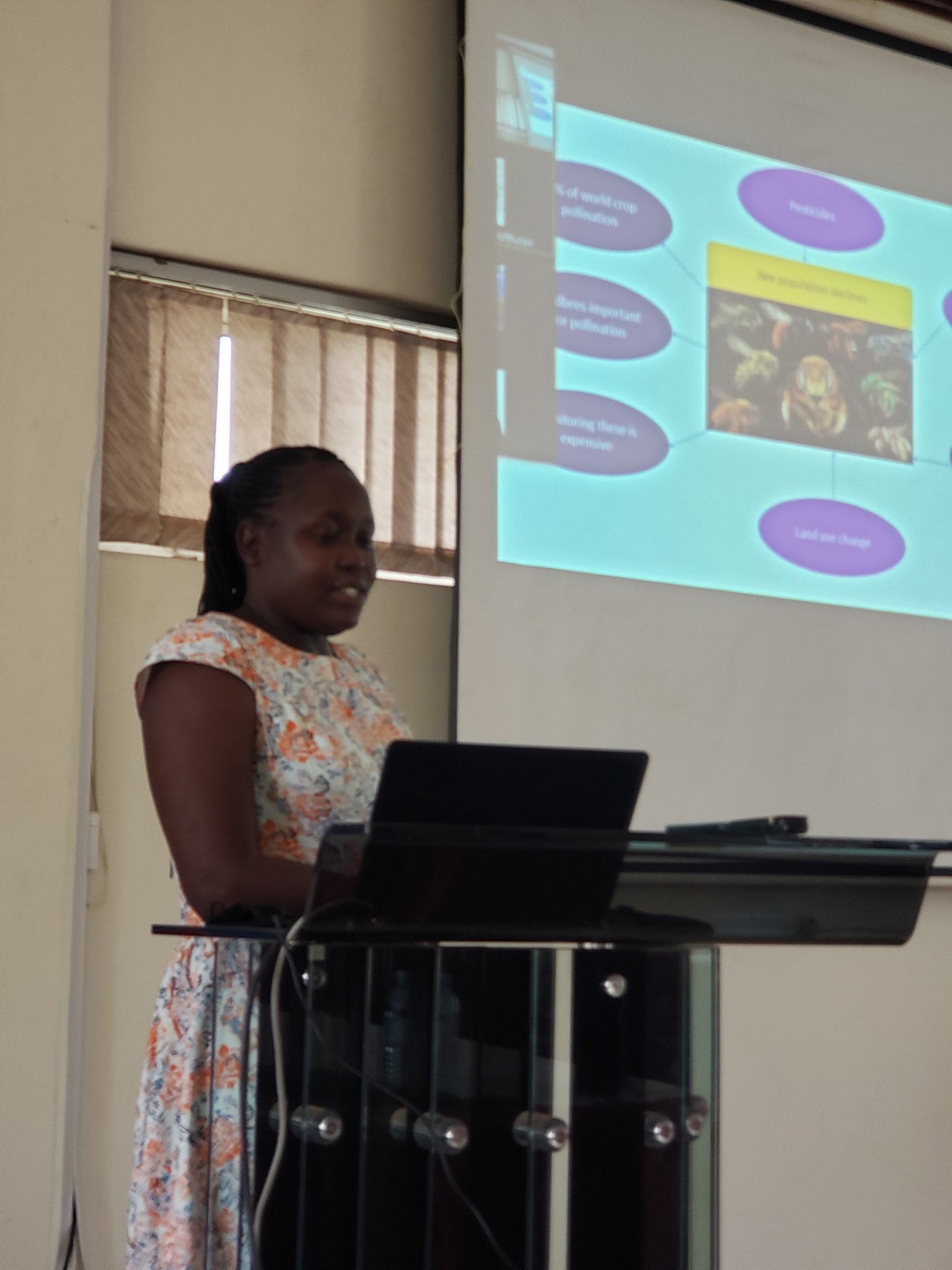
THE SMART BEE MONITOR – AN ESSENTIAL TOOL FOR MINISTRY OF AGRICULTURE ANIMAL INDUSTRY & FISHERIES (MAAIF). Dr. Amulen Deborah (Entomologist - MAK).

THE SMART BEE MONITOR – AN ESSENTIAL TOOL FOR MINISTRY OF AGRICULTURE ANIMAL INDUSTRY & FISHERIES (MAAIF). Dr. Amulen Deborah (Entomologist - MAK).
PHD/ MASTERS STUDENTS EYE THE
PRIZE!!!
WORK PACKAGE ONE (WP1): NETWORKS & RESILIENCE.
Ephrance E Namugenyi
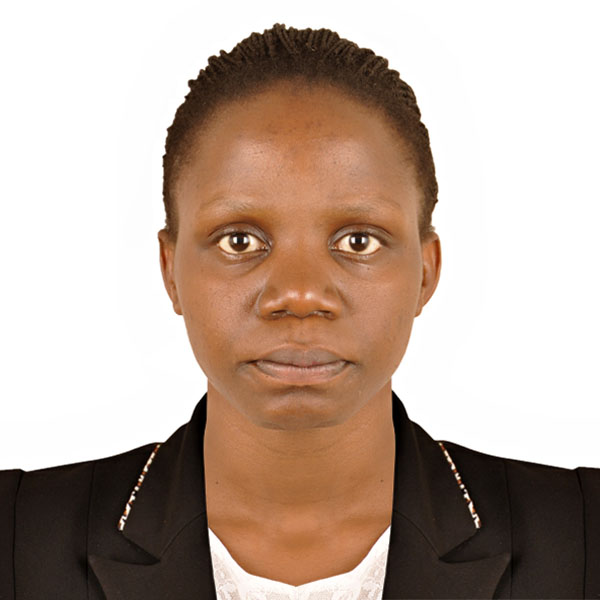
PRIZE!!!

WORK PACKAGE ONE (WP1): NETWORKS & RESILIENCE.
Mr. Erick John Machiwa


Mr. Erick John Machiwa
Khemis Ben (lubari7@gmail.com)


Khemis Ben (lubari7@gmail.com)
Mr. David Tugume (tdavidjcl@gmail.com)


Mr. David Tugume (tdavidjcl@gmail.com)
Mr. Oswaha Matthew Joseph
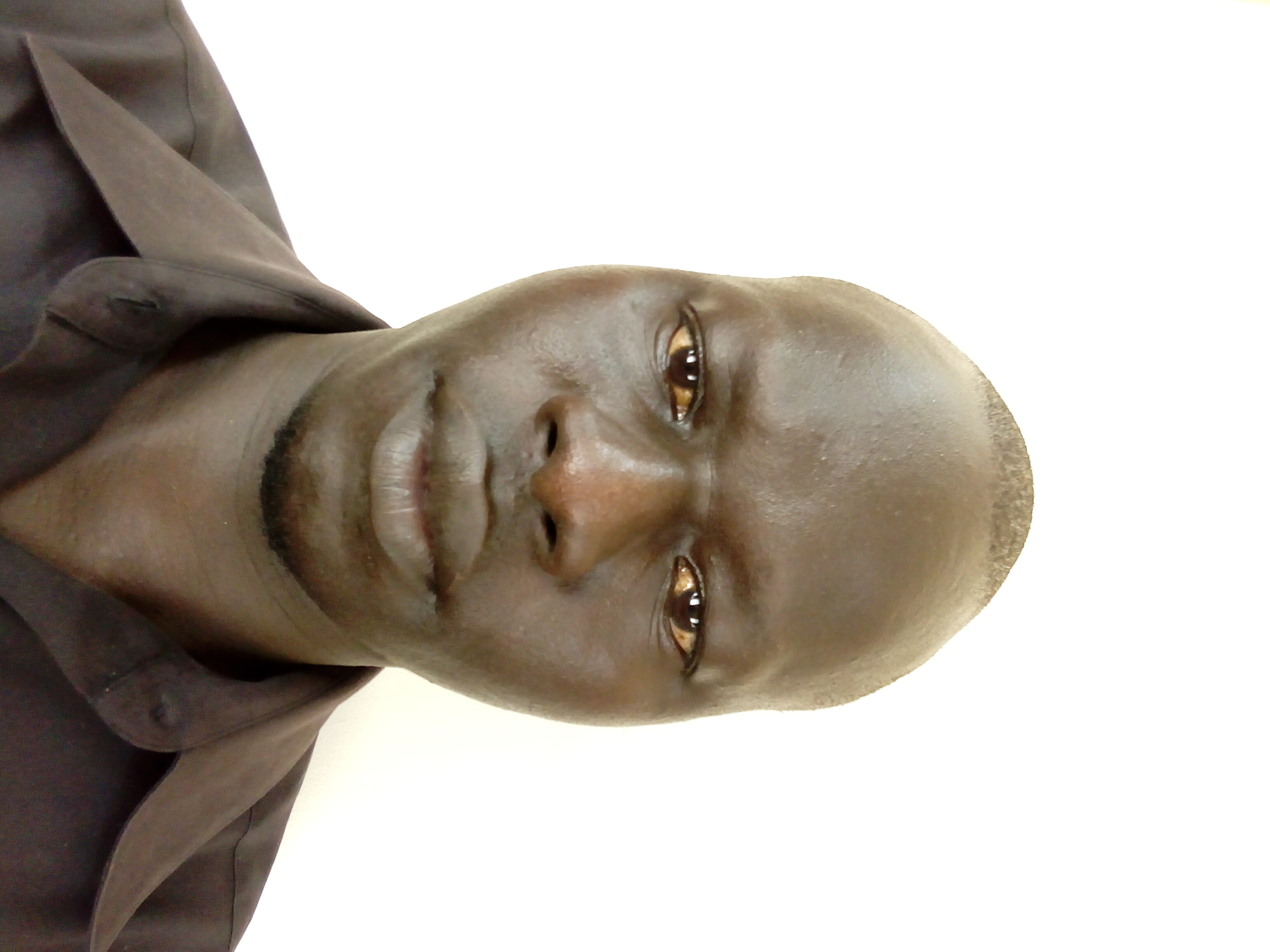

Mr. Oswaha Matthew Joseph
WORK PACKAGE TWO (WP2): SENSOR & SIGNAL PROCESSING.
Ms. Agatha Turyagyenda


Ms. Agatha Turyagyenda
Mr. Arnold Muhairwe


Mr. Arnold Muhairwe
Mr. Florence Lello


Mr. Florence Lello
Pest Control - Mango fruit growers can finally have maximum fruit yields.
By Mr. Peter Alvin Mukisa & Ms. Rebecca Rugyendo (Communications Desk – AdEMNEA Project)
The Smart Bee-Monitor: A silver lining for Uganda’s bee farmers.
_1708683030.png) Bee farmers will soon acquire a new way of monitoring their hives, check on the swarming activities and keep track of their product (honey) accumulated in the hives.
Bee farmers will soon acquire a new way of monitoring their hives, check on the swarming activities and keep track of their product (honey) accumulated in the hives.
As the Adaptive Environmental Monitoring Network for East Africa (AdEMNEA) project enters phase two (2), much more emphasis will be put on customizing the monitoring network to the primary stakeholders such as bee farmers and mango fruit growers in East Africa (particularly Uganda, Tanzania and South Sudan).
COSTECH ready to lend a hand with customer uptake.
“At COSTECH, we pride in translating research outputs into knowledge products and in turn increase customer acceptance, breaking the research outputs into applicable products, commercializing the end product to promote sustainability for the project’s output and enabling resource utilization,” Mr. Mboma, the tech savvy personnel remarked.
Provide Training and Advisory to the beneficiaries of your research outputs – TARI
The Tanzanian Agricultural Research Institute (TARI) offers advisory to government and promote national policies, laws and regulations in addition to conducting basic, applied and strategic agricultural research.
Inter-Task Integration pivotal to timely outputs
The multi-disciplinary aspect of the AdEMNEA project implies that the research outputs are divided into tasks; work packages (WP1, 2 & 3) from a couple of regimen – Computing, Engineering, Entomology, Crop Science and Meteorology.
Climate-focused innovations to thrive under NEMA supervision.
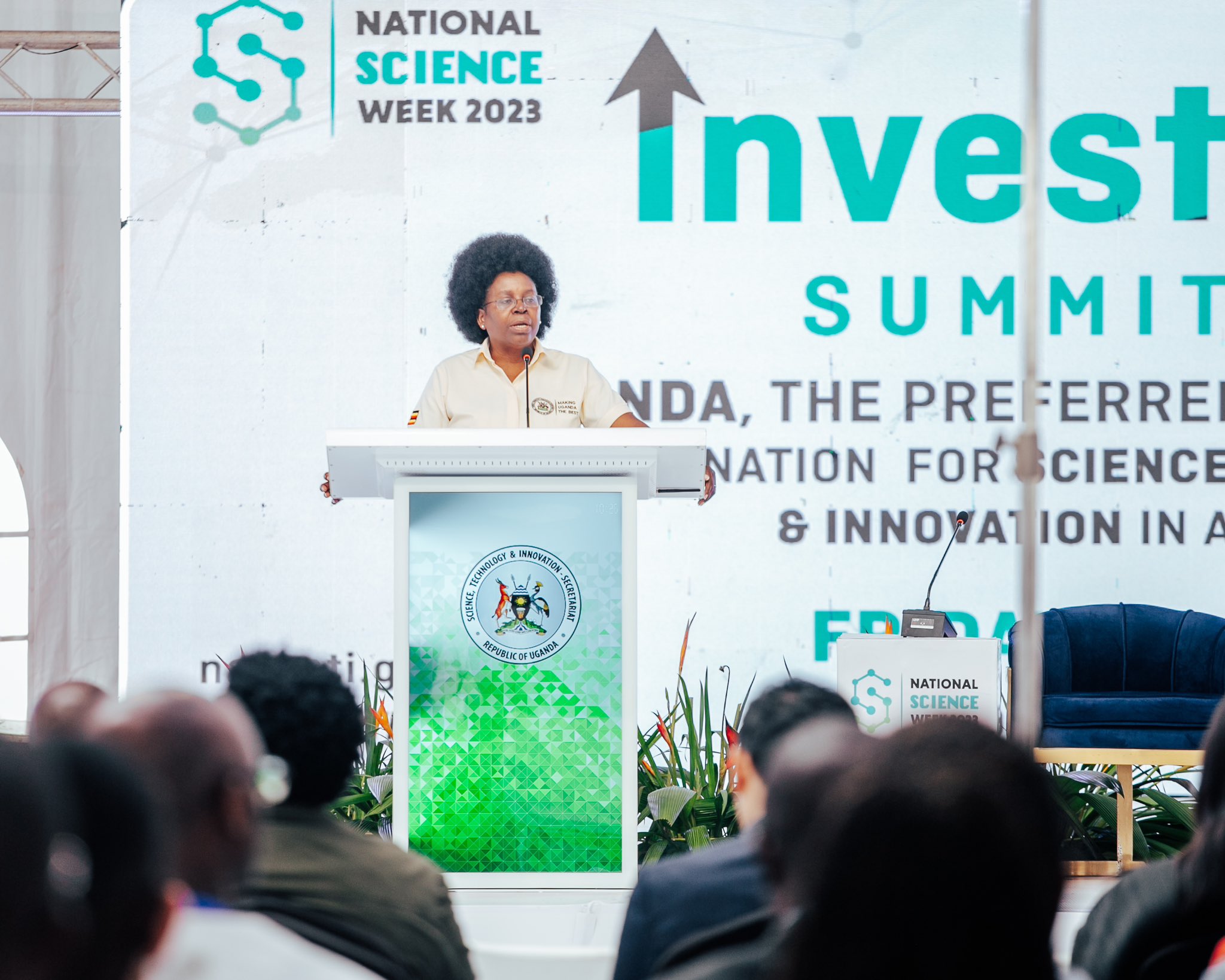
The AdEMNEA project recently participated in the National Science Week hosted by the STI secretariat under the President’s office in Uganda. The participation was by exhibiting some of the innovations (e.g. the smart bee monitor, the automatic weather station, etc…) that have been developed in the IoT-ra lab at Makerere University.
Private Corporate Funds – a Feasible solution to Uganda’s innovations and start-ups.
_1708693253.png)
Presently, Uganda relies on corporate companies such as National Social Security Fund (NSSF), Standard Bank Group (Stanbic Bank, SBG), Uganda Development Bank (UDB), Private Sector Foundation Uganda (PSFU) among others who have taken up the role to offer support to start-ups mainly due to the lack of nationalized incubation business centers.
Pest Control - Mango fruit growers can finally have maximum fruit yields.
Florence Lello a PhD student at the Dar es salaam Institute of Technology (DIT) and part of the AdEMNEA Project under task 2.2 says the research output (E-Trap) focuses on oriental fruit flies (bactrocera dorsalls). “the trap will help in fruit fly detection in relation to weather information – providing a platform for forecasting the occurrence probability and development trends of fruit flies,” the PhD student noted.

